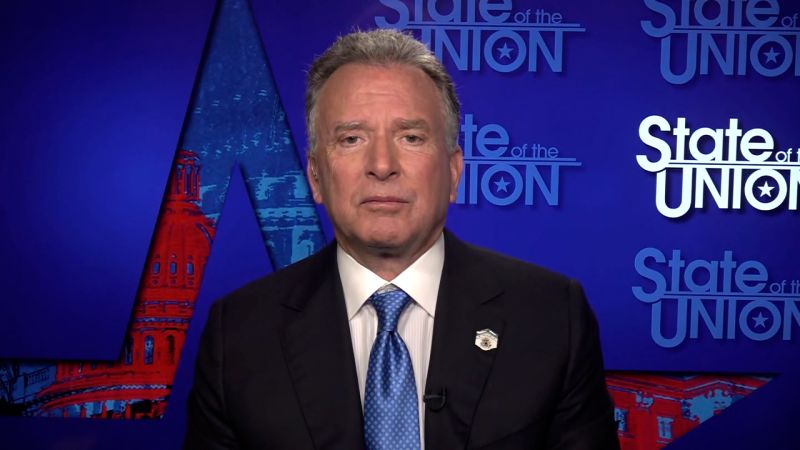Diplomatic Bombshell: Top Trump Aide Hints at Hidden Triggers Behind Russia's Ukraine Assault

In a revealing interview with CNN's Jake Tapper, Steve Witkoff, the US special envoy to the Middle East, offered a nuanced perspective on the ongoing geopolitical tensions, addressing both Russia's invasion of Ukraine and recent claims by Russian state media.
Witkoff sparked controversy by suggesting that Russia's aggressive military action in Ukraine might have been provoked, hinting at the complex diplomatic landscape that preceded the conflict. His comments shed light on the intricate web of international relations and the underlying factors that may have contributed to the escalation.
Adding another layer of intrigue, the envoy also responded to provocative statements from Russian state media claiming that former President Donald Trump is in 'alignment' with Russian President Vladimir Putin. Witkoff's measured response underscored the delicate nature of US-Russia relations and the ongoing narrative surrounding political allegiances.
The interview provided a rare glimpse into the diplomatic thinking behind current international tensions, offering viewers a more comprehensive understanding of the geopolitical dynamics at play.

